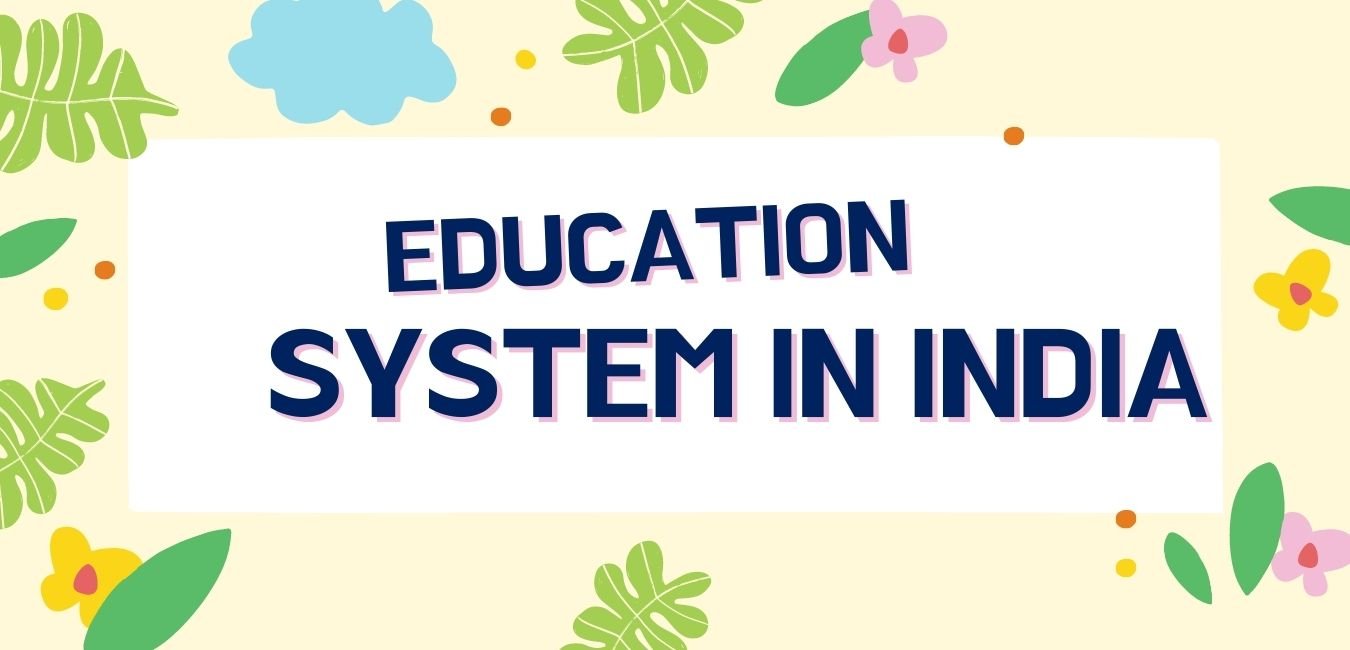Education System in India
- 203 Views
- Vinita Amesar
- May 23, 2021
- Education
Education in India
Education has the power to change the fate of a nation apart from one’s self growth. In India, rural education is given the topmost priority by Governments which is clear from the fact that the state and central government collaborate and develop new education plans every year to enhance the nation’s literacy rate in order to ensure maximum employment opportunities for the youth. The government of India firmly believes that the students who greatly contribute to nation’s development live majorly in the areas of literary culture, soft skills, knowledge, etc., and in order to achieve the dream it has been striving to develop the system of education in rural schools in all the rural areas of the country.
Rological officer
In India the term is often used to refer to an officer who trains and provides training to rural students. Such officers are trained in human resource development, curriculum designing, curriculum development and instructional leadership for teachers and curriculum development. Some of the specific courses offered by the officers include:
- Grammar Development Programmes
- Basic Life Skills Development
- Development of Personal/social skills
- Development of cognitive skills
- Development of the Family and its values
- Emotional and Social Development
NCC
The National Council for Certificate of Secondary Education is responsible for design, curriculum development and instructional leadership in schools till such time as the fate of rural education returns to the state/central government.
Role and Qualifications
The induction process normally follows a procedure laid down by the Government of India. The post of ‘NCC’ is a volunteer post and holder of this post may get it as a regular course or require performance in the performance of a special duties as an NCC in a school.
Functions and Responsibilities
The NCC Chief undertakes a special responsibility when it comes to the conduct of a free textbook scheme especially in the case of schools. Such a course has to be approved by the Managing Director of the Central Board and the total cost of the same is to be completed by the end of the tenure of the board. Besides, it also has to be approved by all the 12 bodies affiliated to the board. One such course in the past has been approved by the Supreme Court and it was brought to implement the Primary Education Act that was enacted by the Parliament as also included in the budget presented by the government. Even prior to that a five-year plan was named Interactive Learning and Processing developing project (icycle).
Objectives of the Training
The objectives of NCC are as follows:-
- To bring together in a course for practical work in rural education which NCC feels is essential for the progress of the country.
- To bring together persons from different walks of life in order that they can experience the realities of rural life and develop sustainable livelihood.
- To bring the best resources and experiences from across the country and nurture amongst them a new generation of rural leaders and citizens working for the solution of all kinds of issues affecting the rural places and Students in such areas.
- Provide a forum for consultation and partnership building in different aspects of the activities in order to bring fruitful results by way of achieving the objectives.
- Coordinate with all stakeholders in order to experience the process of implementing and maintaining a resource-all partnership.
- Experience the process of innovative learning and discovery and the process/ Concept of leadership for sustainable livelihood.
- Searches for/ seized opportunities in the rural education programs and resources and the modes of teaching/learning styles.
- Create/identify quality resources and enhance the capacity of leadership.
- Provide leadership training for worthwhile careers in resource and education development. • Create/identify universities and institutes that have potential in the field of rural education.
- Continue the project of interactive learning and the process/ strategy of education in the rural areas.
- Identify and/ourize the requirement of enhancing/reinforcing the system of rural education and rural partnerships in India.
Superpower resources
The ministries of Human Resource Development, Environment and Development and Department of Agriculture, Department of Comminance and Department of Statistics and Development, Department of Economic Planning and Government of India have identified or made schemes mandatory for the implementation of the objectives of the Billiards and Interactive Learning and Teaching.
They have wisely included amongst others
- Farmer’s Assistance Society
- Common agricultural land usage
- Non-agricultural, rural domestic worker farmers
- fisherfolk and veterinary workers
- Plantation and pasture owners
- Simple skill improvement and employment
- Old-age pensioners
- Learner-counselors and listeners
- Village headmen and villageetry
Educational and financial improvement
The National Democratic Charterfield of Education, Human Resource Development and Research and Technology Policy (Draft) published by the Ministry of Human Resource Development and Planning, Government of India, clearly mentions that rural education and human resource development require enhancement by October 2007.
- GlucoRelief on Exploring Uttar Pradesh: A Dive into its Districts and List of Districts in Uttar Pradesh
- butik on Kylie Jenner Reveals Why She Dislikes Bella Hadid…
- Google Ads Agency Account on Kylie Jenner Reveals Why She Dislikes Bella Hadid…
- A2 Hosting VPS Hosting $2.99 a month on Kylie Jenner Reveals Why She Dislikes Bella Hadid…
- deniel on The Beginner’s Guide to Link Building and SEO
- Agriculture
- Article Submission Sites List
- Automotive
- Business
- Career
- Dating
- Digital Marketing
- Education
- Entertainment
- Environmental Issues
- Fashion
- Food
- Food & Cooking
- Global Updates
- Health
- Health and Wellness
- History
- Lifestyle
- Marketing
- Outdoor Activities
- Professional Development
- Religious
- Restaurant Marketing
- Science
- Social Media
- Spirituality
- Sports
- Technology
- Travel
- Uncategorized

